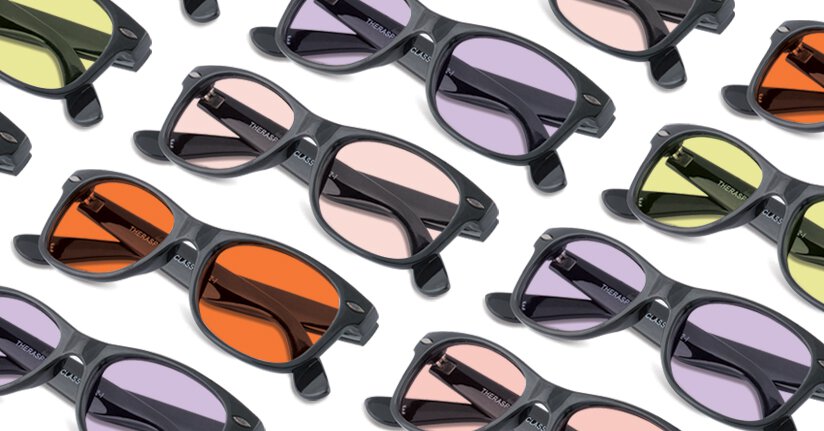Caffeine Use Among Teenagers
Caffeine can be a double-edged sword in migraine. Use during a migraine attack can actually reduce symptoms (that’s why caffeine is one component of Excedrin Migraine and similar drugs), but frequent consumption can trigger migraine attacks and increase their overall frequency. Since many people are diagnosed with migraine as teenagers, this new study of caffeine use in adolescents caught my eye.
The purpose of the study was to assess teenagers’ attitudes toward and beliefs about caffeine, how often they consume caffeine, and which factors influence their choice of caffeinated beverage. Researchers studied 166 teenagers; 58% female and 42% male. The majority (73%) were students in grades 9 and 10. They found that:
- 44.6% drank caffeinated beverages one to six times a week
- 11.4% drank caffeine every day.
- 4.8% never consumed caffeine.
Participants said the main reason to drink caffeine was to feel more alert and, thus, study better.
Researchers found that caffeine is popular for many reasons. It’s easy to obtain; the soft drinks they like happen to contain caffeine; parents drink caffeine; advertising and celebrity endorsements encourage caffeine consumption; and the age old reason so many teenagers do anything—they want to feel included.
Study participants were generally aware of the negative health effects of caffeine. They were less aware of the caffeine content in tea and soft drinks as apposed to coffee and energy drinks. Many were unaware that tea and soda can contain significant levels of caffeine.
Researchers did note that caffeine can have serious health consequences, even in moderate amounts. They hope to develop educational strategies to help teenagers reduce caffeine intake and develop simple ways to help people remember what the daily caffeine intake should be.
REFERENCE
Kassem, N. O., Lee, J. W., Modeste, N. N., & Johnston, P. K. (2003). Understanding soft drink consumption among female adolescents using the Theory of Planned Behavior. Health Education Research, 18(3), 278-291.
TheraSpecs Glasses for Light Management
Try our light-filtering glasses and stay protected against harsh light from screens, fluorescents, LEDs, unwanted blue light, bright sunlight, flashing lights, and more.





